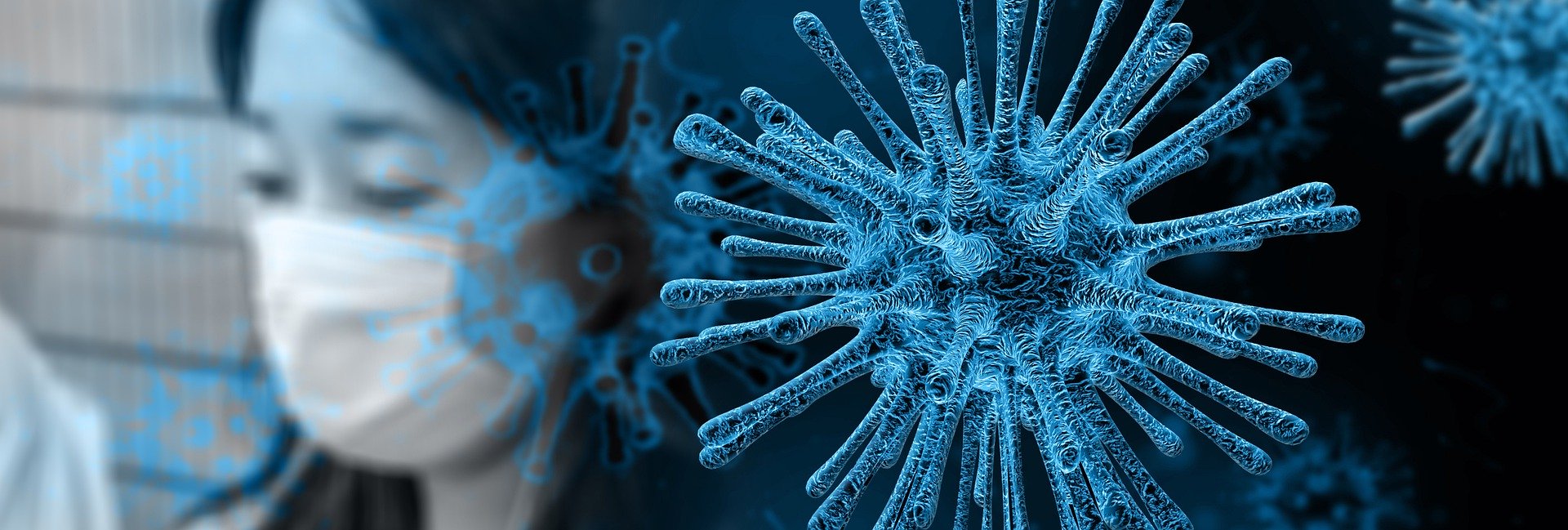
“If the Coronavirus is contagious, so is Compassion”
Yes, it’s official. Covid-19 is now a pandemic.
But even as this disease spreads from country to country, infecting people and taking lives, it is also robbing countless others their peace of mind, livelihood, and humanity. Covid-19 is a scary disease, made scarier by the reactions it is eliciting in the public psyche.
We are, as a species, suckers for the sensational. This is why over-the-top zombie movies become blockbusters and school shooters become media favorites. Which is also why we take-in the news of a bad situation and manufacture an even scarier reality in our minds.
Yes, the coronavirus causing Covid-19 is not to be taken lightly. We know Covid-19 spreads fast and that it has a death rate relatively higher than Influenza. We know the symptoms of disease, and we have detection assays. But we also know that we don’t know all that we need to know about the disease. We don’t know how to cure Covid-19 (yet) and there are no vaccines in the market (yet). We also know that pandemics like this, in the past, have wreaked havoc on human populations and economies.
The addendum to this is that, as in other situations of uncertainty, facts get twisted, hope gets squashed, and we end up creating needless suffering. Most of this suffering is manufactured inside our minds. As John Milton said in Paradise Lost, ‘ The mind is its own place, and in itself can make a heaven of hell, a hell of heaven’. The choice over our mind’s heaven and hell is uniquely ours. We can control the self-inflicted, avoidable suffering in our minds- even if we have little control over the pandemic and how it will play out over the coming days and months.
I want to share a few pointers that can help manage our suffering with compassion, even as we navigate this difficult experience.
Self-Compassion. As Dr. Kristen Neff reminds us, self-compassion allows us to treat ourselves as we would a good friend. Here are some thoughts and actions that can be self-compassionate in this setting:

- Getting the facts right. There is no greater antidote to fear than facts. We can choose where we want to get our facts from. If we are going to open the doors of our inner sanctum to news and information, let us choose to open them to those that are true, necessary and kind.
- Choosing our focus. We can look beyond the fear if we choose to. For example, if we were to look at Wikipedia updates on Coronavirus, and see the list of countries and populations infected by Covid-19, we could either choose to dwell on the number of infections, and in the process become disempowered, or choose to focus on the number of people who have recovered from infection, and reclaim hope.
- Trusting the science. The Spanish Flu pandemic of 1918, which infected more than 500 million and killed between 50 to 100 million people. But in the century since then, we have learned so much more about diseases and how to prevent spread. We have learned how to create vaccines and medicines quickly and effectively. Our science is what has prevented our current outbreak from becoming a much bigger situation than it is, and we must keep the hope that our human striving will not go down without a fair fight.
- Saying no to the panic-mongers. It is easy to spread panic. Panic is survival instincts on steroids. Some people love the attention they can get when they spread panic. Panic-mongers gain power from how we subscribe to them. A meaningful act of self-compassion is to know why, when, what and whose information we say yes to.
- Being Pragmatic. Doing all the right things to protect ourselves and our loved ones: Washing hands. Avoiding facial contact. Avoiding public gatherings. Limiting the spread. Doing what the experts recommend. After all, this situation is war- one life form is threatening another life form- and there is a need to respond intelligently.
Acceptance and Vulnerability
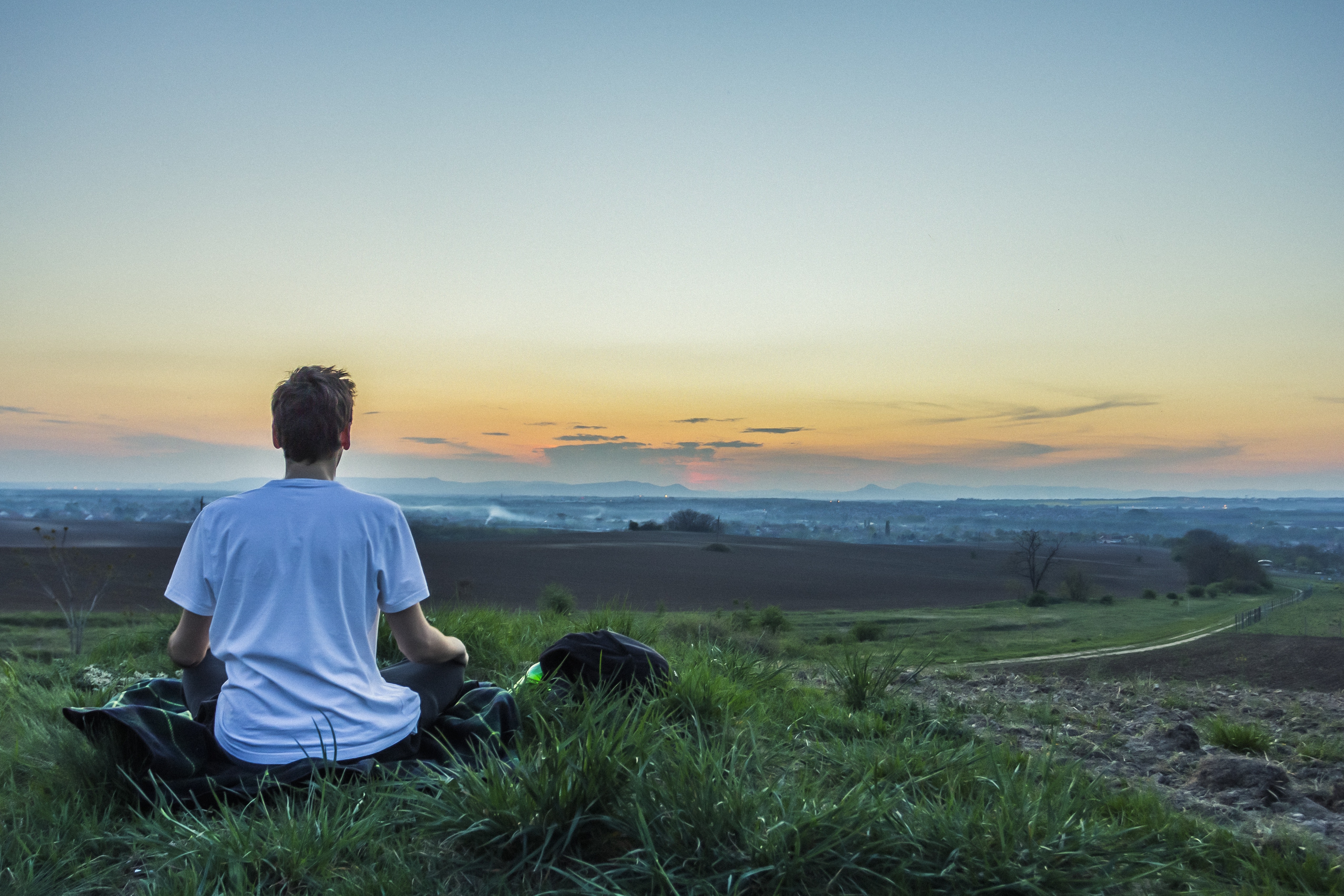
- We are an evolving species. This is not the first or the last crisis we face. We don’t have all the answers. But, we cannot deny ourselves peace of mind simply because we have not figured out all the answers to all our problems. The faster we learn to accept this, the easier we are on our own suffering.
- A natural evolution of this acceptance is the realization of our vulnerability as a species. This is a difficult realization because, all of our lives we are taught to think and believe that we are the center of our universe. The uncertainty of a pandemic can force us to remember that we are vulnerable and vincible by nature. The humility that the disease brings can be a reset point in how we view our relationship with nature.
Social Compassion
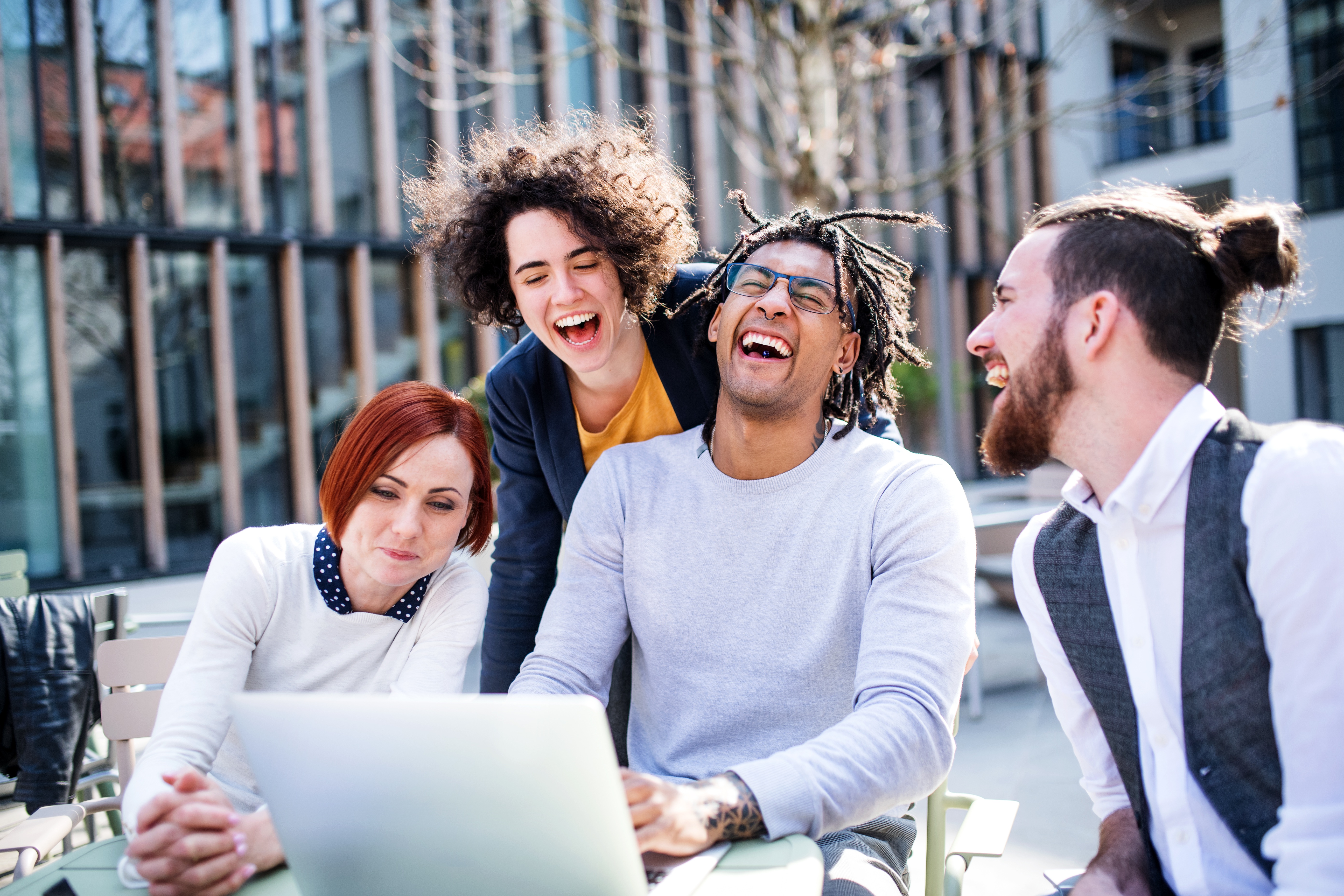
- The mob mindset is driven by fear and greed. The same mindset that causes people to stampede and grab products on Black Friday sales also drives people to empty store shelves of face masks, bottled water, soaps and such. If we take away the opportunity of our community members to protect themselves (by hoarding essentials) because of our fear and selfishness, we will become part of the problem. Handwashing and face-masking can help us very little if everyone else is infected. We are social creatures and we must be intelligent enough to recognize and avoid the tragedy of the commons in our communities.
- This pandemic is also an opportunity to expand our compassion (definition- stepping into action in the face of suffering). If we know individuals or families that have been infected, we can call them and wish them well. We could offer what they need or simply provide encouragement. If we don’t know anyone who is infected we could send silent wishes of loving-kindness (e.g. May we all be happy, loved, safe and free from danger) as often as we can. The universe listens. The universe responds.
- Embracing the oneness. Because the disease started in China, some people have expressed antagonism and hateful bias against those of Southeast Asian origin. Some have started whipping up xenophobia based on fear theories. This is a tragedy in making. More than ever, this is the time to set aside our differences and embrace our oneness. We are all in this together. Our nationalities, religion, orientation are agnostic to the coronavirus. This is not a Chinese or Italian or Iranian disease. This is a viral disease. The more we unify as a species to collectively address the problem, the earlier we can defeat it.
Gratitude
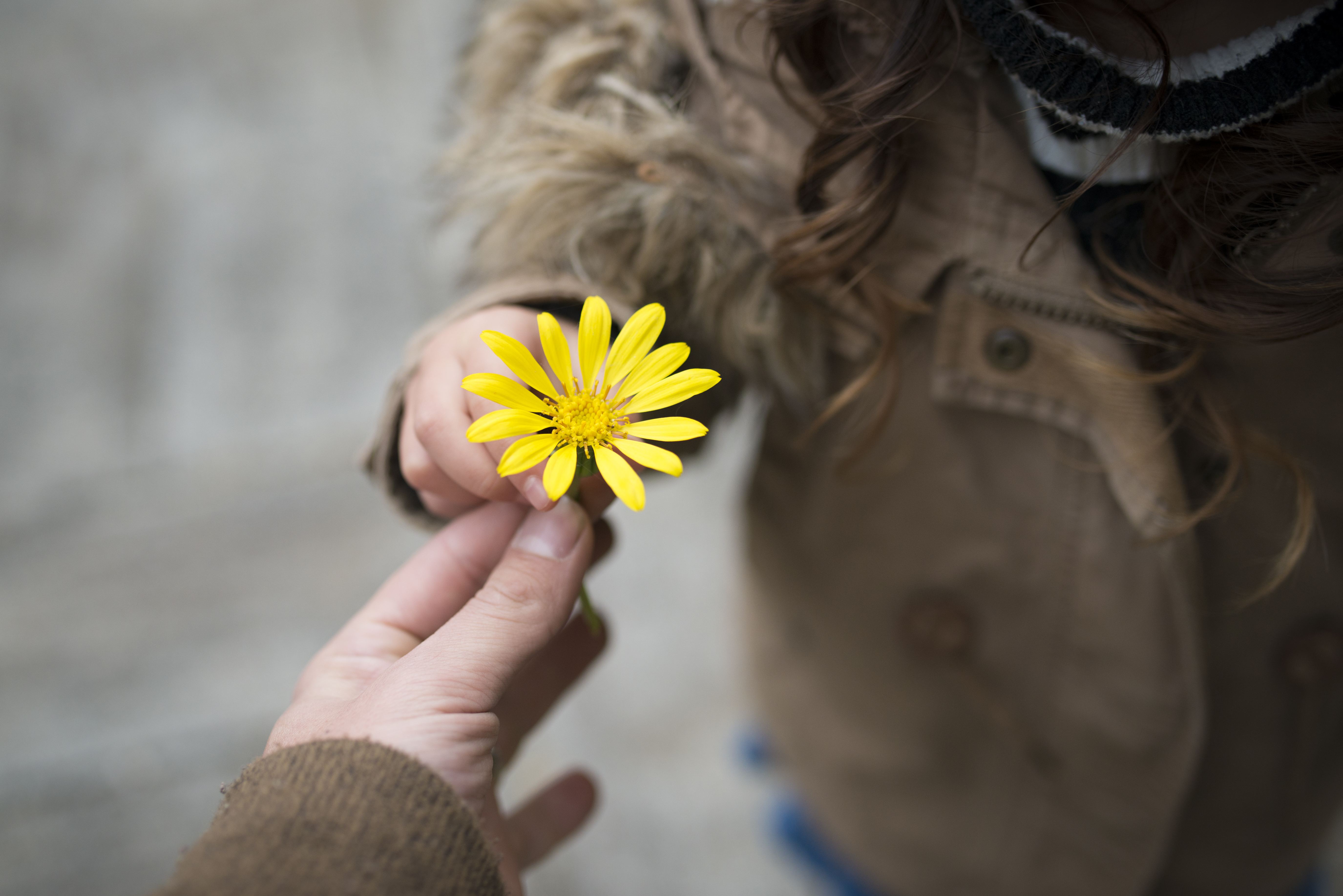
- Even as we bundle up inside our fears, there are countless doctors and healthcare workers selflessly stepping into the uncertainty with courage and grit. These people need our gratitude and support. Let us each call up a healthcare worker we know and let them know how much they are appreciated.
And finally
Opportunities
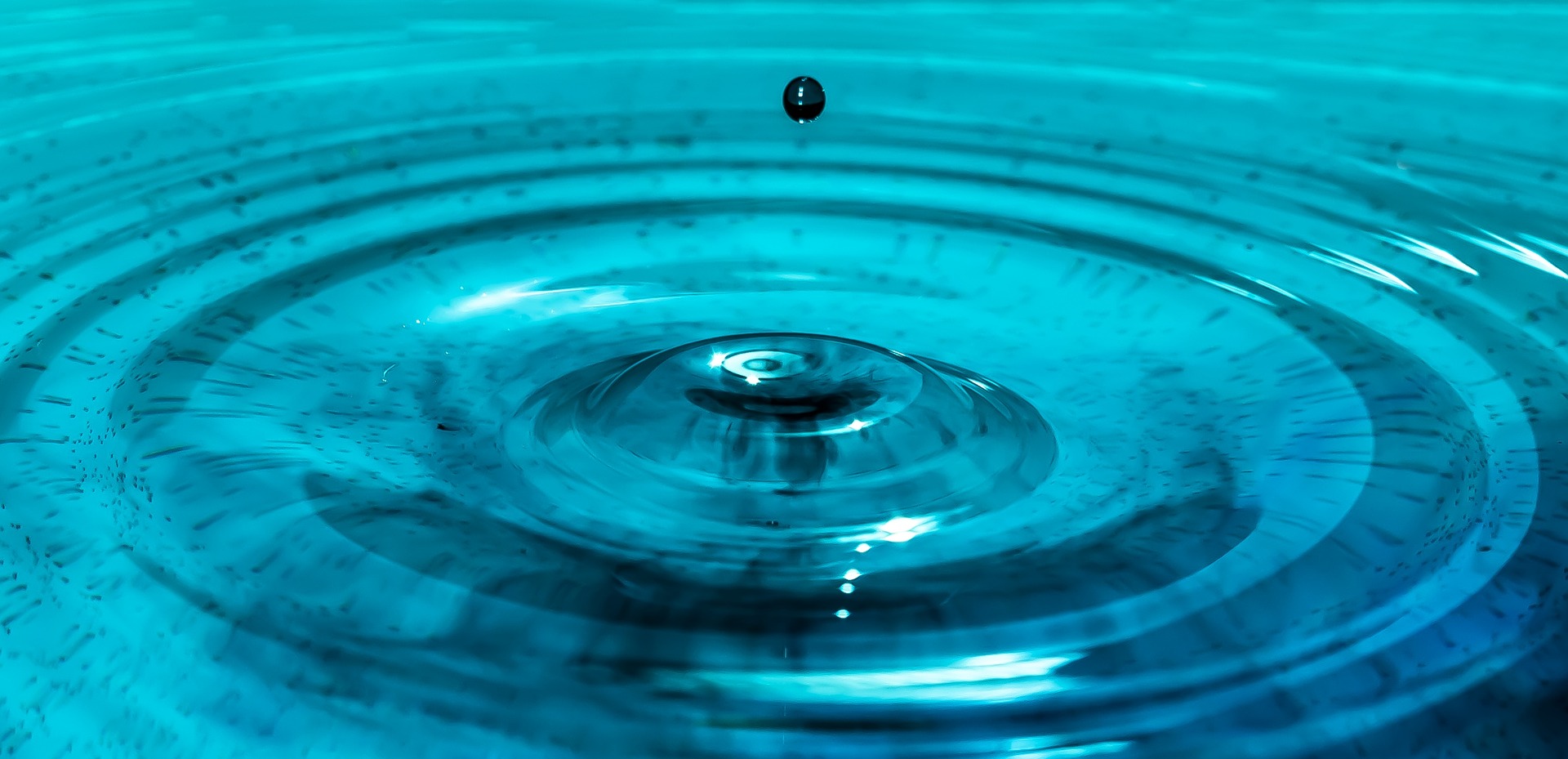
- Even the most difficult experiences bring hidden opportunities. Witnessing our personal reaction to this pandemic can bring about a sense of awareness of our mind. Perhaps it can inspire us to remember how socially connected and interdependent we are as a species. This pandemic can become an invitation for us to recognize the sacrifices and selflessness of strangers. Perhaps it will remind us to become more assertive of heart-centric choices, and become more self-aware and self-compassionate in the process.
Whatever the opportunities and threats this pandemic brings, I invite you to look at them without judgment and embrace what is compassionate.
If the coronavirus is contagious, so is compassion.

